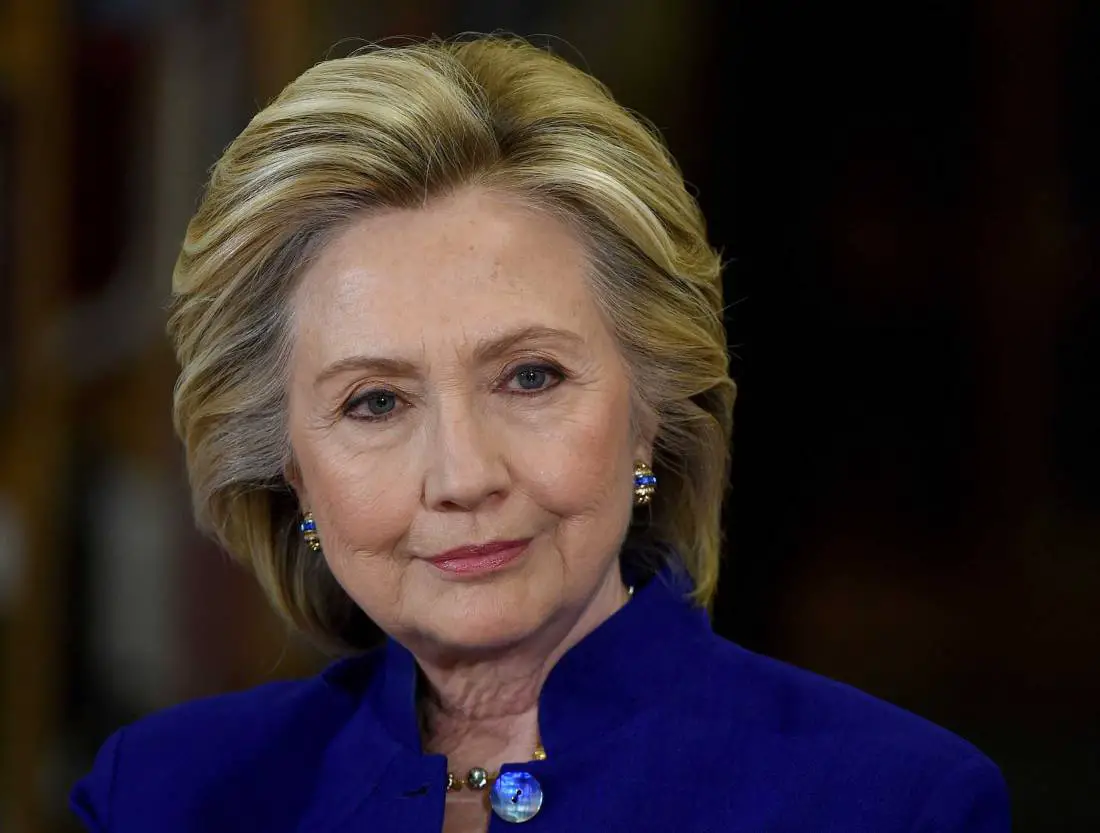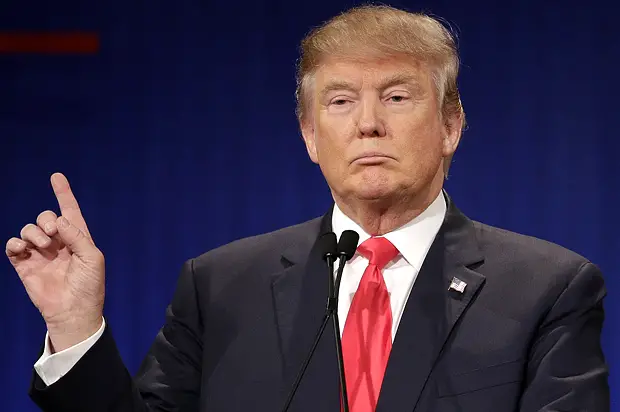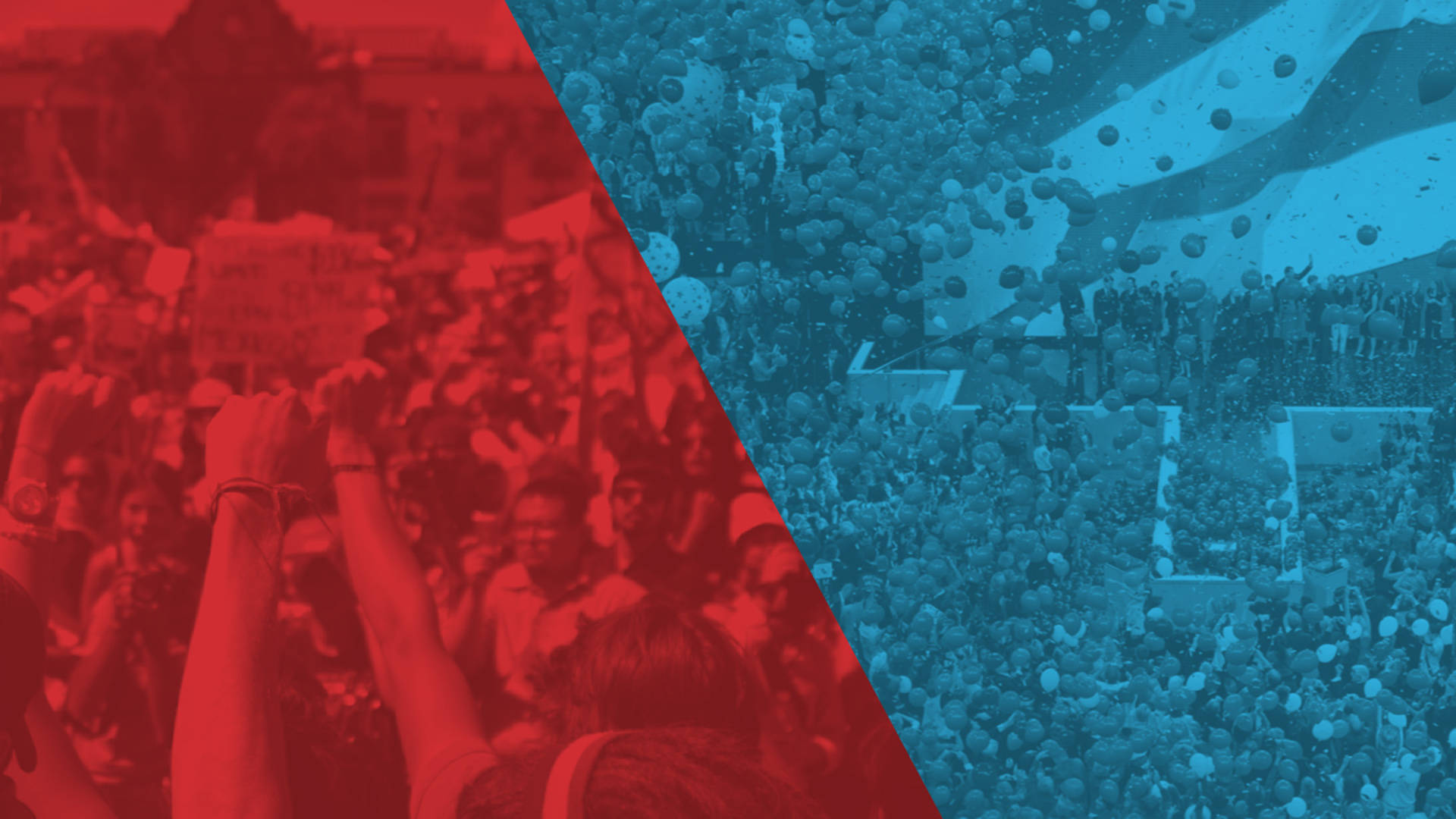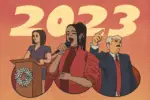If Voting Changed Anything, They’d Make It Illegal
Though there are real reasons to disparage both of the presidential candidates, they are just products of a broken system.
By Aaron Lynch, Front Range Community College
Most of the world was shocked last week when the United States elected Donald Trump to be president instead of Hillary Clinton.
The polls had Clinton leading, and everyone seemed to think her election was inevitable, which may have led Clinton supporters to stay home, figuring that their vote wouldn’t make a difference. The polls may not have been wrong though, as Clinton actually won the popular vote, making 2016 the second time in 16 years that a Democrat has lost the election despite having the majority.

How could this happen? Have we really perverted the grand foundation of our political system with so much bureaucracy that the votes of more than half a million people meant nothing?
Despite the loss though, Clinton will probably be rich and powerful for the rest of her life, which may be why she lost. Though Trump is disgustingly wealthy himself, he was able to paint Clinton as an elitist, and she did little to shed the slander. He called her “part of the establishment,” and was able to pair together Clinton and the elitist circles that populist voters dislike. In their minds, Trump made it clear that voting for someone who has benefitted from and paid into the system will in no way work to dismantle it.
Whether or not you believe in grassroots democracy, or think it’s better to lead from the ground up or bottom down, one thing is for sure: The political system as it exists today is unwieldy, if not corrupt and backward. That a tenured history as politician, such as the one Clinton had, incriminates you rather than qualifies you, is a clear indication that something is wrong with the system.
In order to create meaningful political discourse, the system must be changed. If that is to be the case, though, it is imperative to first understand some its worst biggest malignancies.
1. Gerrymandering
Gerrymandering is perhaps the biggest threat to American democracy, though few people are aware of what it is and even fewer seem to understand how it works.
A gerrymander is the name of an electoral district that has been drawn with the intention of giving an advantage to a specific party; both the right and left do it regularly. These districts are set with insanely convoluted boundaries, usually have a clear majority and are often intended to break up opposing majorities in populated areas.
Each state legislature is in charge of drawing their own districts, giving them an immense advantage in protecting their incumbency. Essentially, the criminal redrawing of boundaries allows politicians to choose their voters, instead of the other way around; it’s how districts wind up with men and women serving in Congress for 25 years.
2. Citizens United
A Supreme Court decision that has allowed for corporations to almost limitlessly fund political campaigns, the “Citizens United” case has allowed for wealthy donors to influence governance since 2010.
One can only imagine what these candidates do in return for their corporate sponsors, and one can only hope that their interests also serve the needs of the people. There’s really know way of knowing for sure what the motivations of politicians are, but familiarizing yourself with their campaign finance is a great place to start.
Politics in the United States will never be fair again until this decision is overturned. Couple vast sums of money with the ability to choose voters, and it’s really not that hard to hang on to a seat in Congress for 20 years.
3. The Media
The media is a big part of the reason Donald Trump was elected, and the journalist in me cringes. His win was a two-fold process.
First, Trump was given constant and extensive coverage by all media outlets; even CNN featured some of his campaign speeches in their near entirety, to the point that he didn’t have to spend much on TV ads.

Second, they made it sound like Hillary was about to hit a walk off homer in the bottom of the 9th, that there was no way she was about to lose this election. It’s a reasonable assumption that some of her supporters felt comfortable enough to skip the voting booth. As a whole, it was irresponsible coverage by the media.
I get it: We have the first amendment and news agencies allowed to report whatever they wish, however they wish. Outlets are businesses that have to keep their ratings up in order to turn a profit, and thus will always be subject to a degree of viewership pandering. But where does their responsibility to the people factor into this? When you have the power to say anything, what do you choose to say?
4. Take the Power Back
Money may talk, but the real power is still with the people. Voting makes an impact, and it yields the best results when a large bloc of voters is organized. However, it’s tough to organize a nation that is as divided as the U.S.
So, the first step in taking the power back from the establishment is practicing moderation when discussing politics among fellow citizens. The comment sections of social media have devolved into cesspools of outrage and condescension in the last week, a perfect display of the country’s intolerant frustration.
Teach yourself to disagree with someone in a respectful way without insulting them.
The country needs politicians that are willing to reach across partisan lines in order to act in the best interests of the people. However, moderate candidates will never get elected by hyper-partisan citizens.
Regardless of how you feel about Trump’s rhetoric, policies and history, there is one characteristic about him that is certain: He is a giant, orange middle finger to the establishment. The man is a bomb. He’s going to shake things up—probably indiscriminately—which will only lead to chaos.
Changing the status quo often results in more equity, as too often the systems in power privilege only the people in power, so generally a reallocation of governance benefits the people. In certain cases though, change is just change, like jumping from the frying pan into the fire. The 2016 election showed that the American people are unhappy with the current way of things, but the only mechanism they had for a change was in fact a mechanism of destruction. The temptation to choose an unknown evil over a known evil is tempting, but positive change typically comes from calculated, meticulous action, not political overhauling. If the voters of America want sustainable change that benefits everyone, start by learning more about the four topics I listed earlier. Attacking the root of the problem is the solution, not electing someone who promises they alone can fix the system.

















